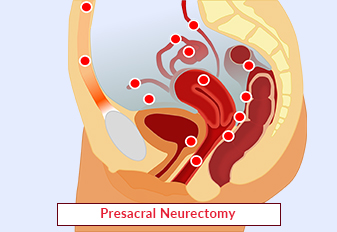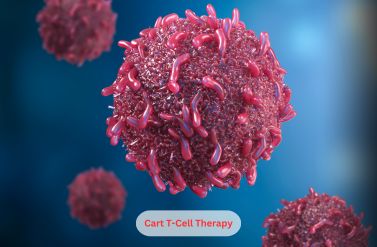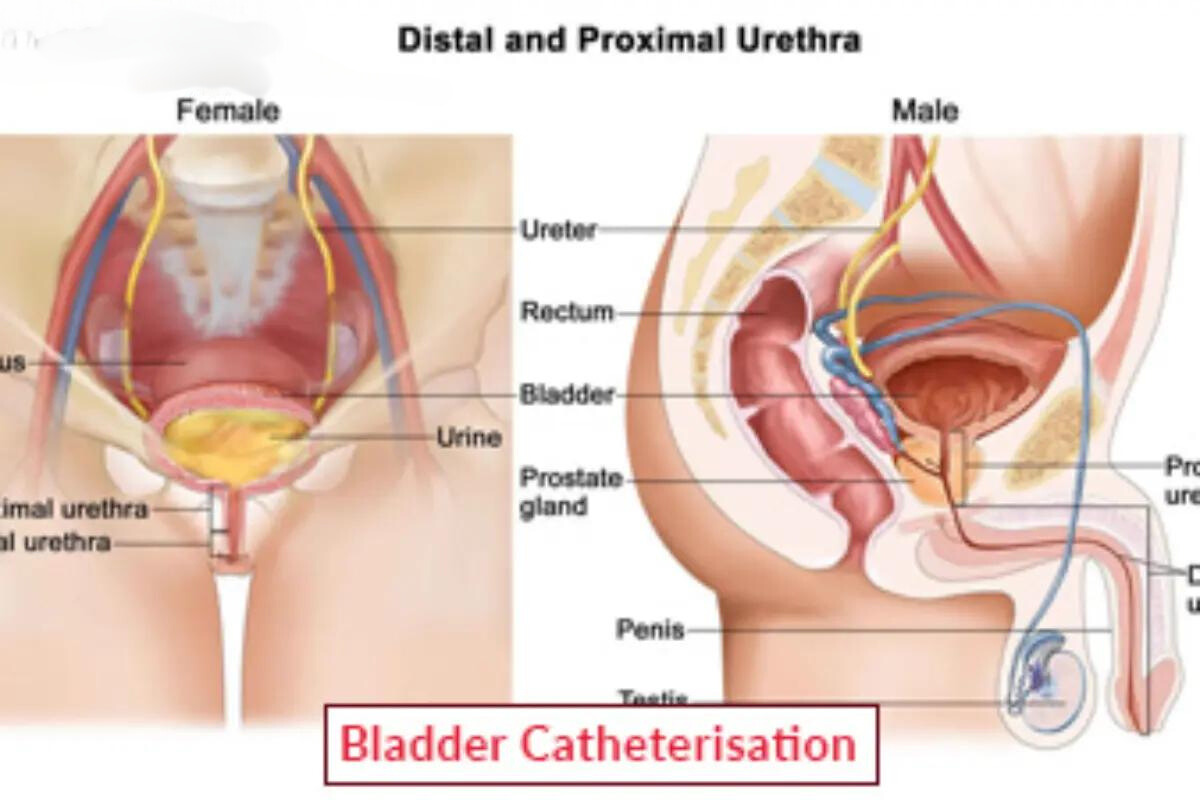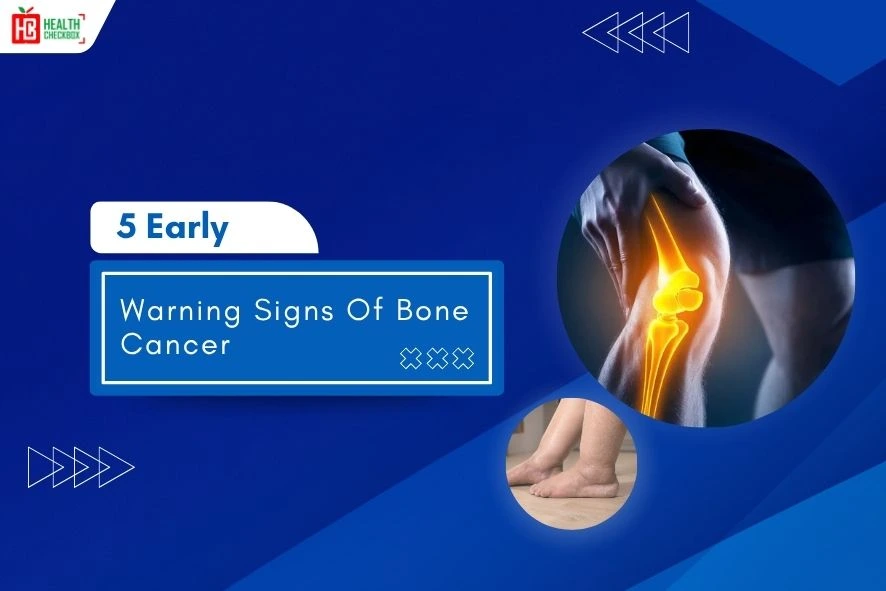An accumulation of fluid in the abdomen lining or belly that is often unnoticed is known as ascites. Normally, cirrhosis, a liver disease, is known to cause this condition. If a person gains weight quickly and without any valid reasons, then one should discuss this matter with the health care expert before any further complications arise. Our ascites treatment program guides patients through effective management with a low-salt diet, diuretic therapy, therapeutic paracentesis with albumin, and advanced options like TIPS procedure for refractory cases.
60,000 to 100,000 people with cirrhosis are known to acquire this medical disorder. Symptoms such as bloating, stomach pain, and, on rare occasions, breathing problems are common in such patients. Doctors only treat this condition as a threat, and when an individual has at least 25 ml or 0.8 ounce of fluid buildup, he or she is diagnosed with this.
How Cirrhosis Results in Ascites?
When your liver does not work in the normal manner, pressure accumulates in the portal vein, the primary vein that furnishes blood to your liver. The increased pressure hinders blood flow in the liver.
Over a period of time, this increased pressure affects your kidneys also. When these organs are unable to remove extra salt from your blood, fluid accumulates in your body. The excess fluid seeps from your veins and gathers in your belly. Cancer that is found in the abdomen region can also induce ascites. The cancer cells release fluid into the abdomen.
Symptoms & Causes of Ascites
Look at the symptoms and causes of ascites:
Causes: Ascites is the collection of fluid within the abdomen, usually secondary to liver cirrhosis. Cancers (such as ovarian or gastrointestinal), heart failure, kidney disease, and infections (such as tuberculosis) are other causes. Malignancy and portal hypertension are the main mechanisms. Less frequently, pancreatitis or hypoalbuminemia can be a cause of fluid accumulation.
Symptoms: The main symptoms of ascites include a gain in weight and a large belly. Other factors can include:
- Shortness of breath
- Swelling in the ankles
- Back pain
- Tiredness
- Abdominal pain
- Loss in appetite
- Constipation
- Indigestion
- Swelling in the lower legs
Diagnosis of Ascites Treatment
Ultrasound or Imaging Tests:
- X-ray, CT scan, or ultrasound reveal the inside parts of your belly in details that help the doctor know the cause of ascites.
Paracentesis:
- This requires local anesthesia before the test.
- A needle is inserted into your abdomen area to get rid of the fluid. Once the fluid is collected, it is analyzed for visible signs of cancer, portal hypertension, and other ill-health conditions.
Blood Test:
- To know if you are a victim of high blood sugar due to diabetes or have an infection in your abdomen.SAAG test:
- Serum ascites albumin gradient (SAAG) test: This test is carried out to determine the level of albumin in your blood and in your ascites fluid.
Treatment Procedure for Ascites
- The initial stage is to assess for symptoms of ascites which is done by:
- Physical examination.
- Image tests (ultrasound or CT scan).
- Lab analysis of fluid collected from the abdomen by means of paracentesis.
- Identifying the various causes and signs that lead to the condition, then treat them like:
- Heart related treatments
- Liver cirrhosis treatment
- Once the cause of the critical condition is known, suitable medicines are often suggested to increase the urine content and decrease fluid holding.
- Changes in lifestyle diet: A low-sodium diet is recommended that helps to decrease the fluid from accumulating in the belly.
- In cases of severe ascites, paracentesis may be needed.
- Long-term solution: All the below points are essential to prevent recurring ascites and avoid further complications in the ill-health.
- Monitoring the ascites on a regular basis
- Adjustments with the intake of medicines
- Change in the lifestyle habits
Risk Factors Associated with Ascites
Any adverse health condition that damages the liver or causes scarring makes you more susceptible to ascites. Liver cirrhosis is the most common risk factor that occurs due to:
- Obesity
- Excessive intake of alcohol.
- Hepatitis B and C are examples of viral illnesses.
- Alcohol use.
- Genetic liver conditions like hemochromatosis.
- Cancer in the abdomen and pelvis.
- Congestive heart failure.
Prevention Tips for Ascites
The below tips can help you to control this adverse condition:
- Alcohol should be completely avoided in order to decrease the risk of ascites.
- A low-sodium diet and not consuming more than 2,000 to 4,000 mg of salt per day are recommended.
- Weigh yourself daily, and if you are accumulating more than 2 pounds per day for three consecutive days, you should consult with your healthcare professional.
- Taking a heart-healthy diet that includes green vegetables, fruits, and refraining from the intake of alcoholic products ensures an individual free from ascites.
Our Other Services
Latest Health Tips
Can Immunotherapy Cure Stage 4 Lung Cancer?
Early Signs of Cervical Cancer
Foods that Kill Cancer: Leafy Vegetables, Grains, & More
What Stage of Cancer is Immunotherapy Used For?
Which is Worse for Cancer, Sugar or Alcohol?
Vaccines That Prevent Cancer
What Kills Cancer Cells in the Body Naturally?
Early Warning Signs of Bone Cancer
Submit Your Enquiry
Testimonials


























